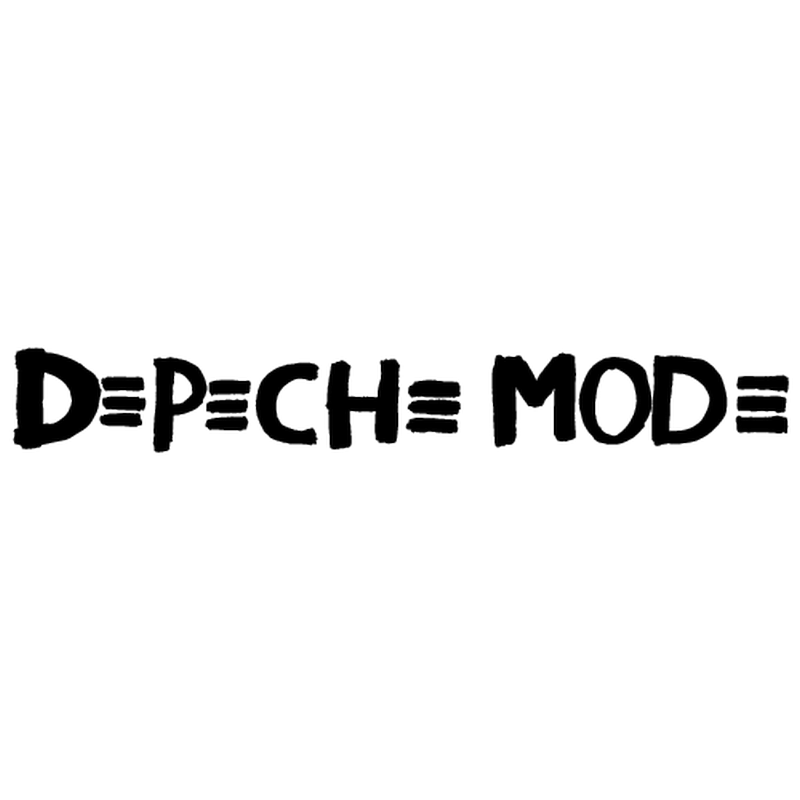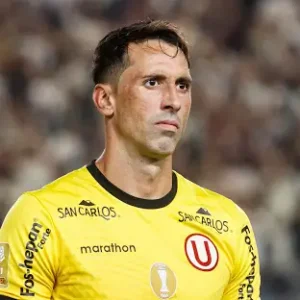
In a startling revelation that has rocked the music industry, the reasons behind Depeche Mode’s sudden and controversial ban from the BBC have come to light. The iconic band, which has been a fixture on the airwaves for decades, found themselves at the center of a storm that has sparked intense debate among fans, critics, and industry insiders.
When news of the ban broke earlier this month, it left fans and music enthusiasts in disbelief. Depeche Mode, known for their innovative electronic sound and chart-topping hits, had maintained a strong relationship with the BBC for years. The sudden cessation of their music being played on the broadcaster’s platforms was unexpected and unexplained, fueling widespread speculation.
Social media and fan forums were awash with theories ranging from contract disputes to personal disagreements between the band and BBC executives. However, the true reasons remained a closely guarded secret—until now.q
Insider sources have now revealed that the ban was the result of a combination of controversial public statements made by the band and incidents of what has been described as “unprofessional conduct” during recent engagements with the BBC.
The band’s outspoken comments on a range of sensitive political and social issues reportedly created discomfort within the broadcaster, which strives to maintain neutrality and avoid content that could polarize its audience. Additionally, there were reports of tension-filled interactions between Depeche Mode and BBC staff during interviews and live sessions, which allegedly contributed to the decision.
In a statement released today, the BBC confirmed that the ban followed “a series of events that required serious consideration,” emphasizing the broadcaster’s responsibility to its audience. However, the statement refrained from providing explicit details, citing the ongoing dialogue with the band’s management.
The revelation has ignited a firestorm among Depeche Mode’s extensive fan base. Many fans have taken to social media to voice their outrage, arguing that the band’s right to express their views is a fundamental part of their artistry. Petitions demanding the reversal of the ban have quickly gained traction, with supporters urging the BBC to reconsider their stance.
In contrast, some segments of the public have supported the BBC’s decision, agreeing that the broadcaster must uphold certain standards of conduct and content, especially in a public service capacity. This divide has sparked broader discussions about the boundaries between artistic freedom and public responsibility.
Prominent figures in the music industry have also weighed in on the controversy. Some have criticized the BBC for what they perceive as censorship, arguing that artists must be allowed to express themselves without fear of retribution. Others have supported the BBC, highlighting the importance of maintaining a respectful and professional environment for all parties involved.
One well-known music critic commented, “This situation raises important questions about the role of broadcasters in regulating content and behavior. While the BBC has a duty to its audience, it’s also essential to recognize the value of diverse voices and perspectives in the arts.”
Depeche Mode has responded to the situation with a statement expressing their disappointment but reaffirming their commitment to their principles. The band highlighted their belief in the power of music as a platform for dialogue and change, emphasizing that their intentions were never to offend but to provoke thought and discussion.
“We are deeply saddened by the BBC’s decision,” the band’s statement read. “Our relationship with our fans and our dedication to our music remain unshaken. We believe in the freedom to express our
Despite the setback, Depeche Mode remains focused on their upcoming projects, including the release of a new album and a world tour. Industry experts suggest that while the ban may temporarily affect their visibility in the UK, the band’s international appeal and loyal fan base will likely sustain their success.
The controversy has, if anything, heightened interest in Depeche Mode’s future work, with many eagerly anticipating how the band will channel their experiences into their music.
The incident has sparked a broader conversation about the role of media platforms in shaping public discourse and the extent to which they should intervene in the content they broadcast. As the dust settles, the case of Depeche Mode and the BBC is likely to become a reference point in ongoing discussions about freedom of expression and corporate responsibility in the arts.







